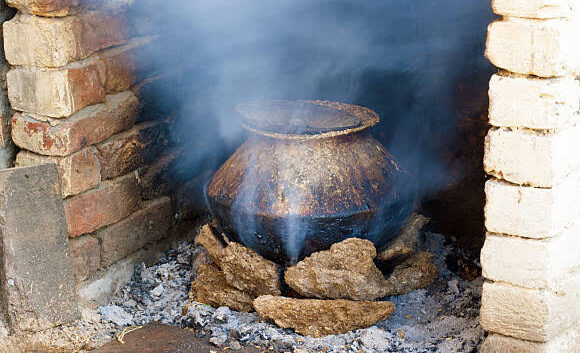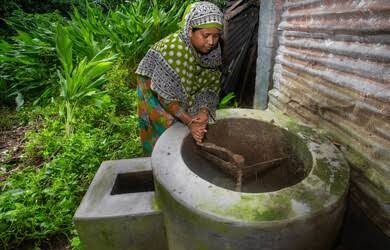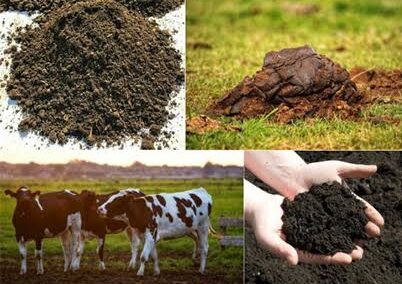Table of Contents
ToggleHow Cow Dung Can Help Create a Zero-Waste Lifestyle
Introduction:
In the pursuit of a more sustainable and eco-friendly world, many people are adopting a zero-waste lifestyle, which aims to minimize waste production and reduce environmental impact. One often overlooked resource in this movement is cow dung. While many view cow dung as merely waste, it has significant potential for contributing to a zero-waste lifestyle. Not only is it a natural byproduct, but cow dung can also be repurposed in numerous ways to help create a more sustainable living environment. In this post, we will explore how cow dung can help foster a zero-waste lifestyle, reduce dependence on synthetic materials, and promote ecological balance.

Cow Dung Contributes to a Zero-Waste Lifestyle
1. Natural Fertilizer for Organic Farming
Cow dung is a powerful natural fertilizer, which can help create nutrient-rich soil without relying on chemical fertilizers. By using cow dung as compost, we can promote sustainable agriculture and reduce environmental pollution. In a zero-waste lifestyle, utilizing organic waste, such as cow dung, reduces the need for harmful synthetic fertilizers, fostering healthier crops and promoting sustainable farming practices.
2. Biogas Production: An Eco-Friendly Energy Source
Cow dung can be converted into biogas, a renewable energy source that can replace traditional fuels like wood, coal, and even natural gas. By using cow dung for biogas production, households and farms can produce their own clean energy, contributing to a zero-waste lifestyle by recycling waste into something useful. Biogas production also reduces greenhouse gas emissions and helps mitigate climate change.
3. Cow Dung Paper and Packaging Materials
Incorporating cow dung into everyday products is another way to help reduce waste. Cow dung can be used to create biodegradable paper and packaging materials. These products are environmentally friendly, as they are completely compostable and free from harmful chemicals. By replacing traditional paper and plastic with cow-dung-based alternatives, we can contribute to a zero-waste lifestyle and reduce the amount of waste that ends up in landfills.
4. Cow Dung as a Natural Pesticide
Another application of cow dung in a zero-waste lifestyle is its use as a natural pesticide. Cow dung, when combined with other natural ingredients, can be used to repel pests and protect crops without harming the environment. This practice eliminates the need for chemical pesticides, which are often harmful to both the ecosystem and human health. Using cow dung as a natural pesticide can contribute to organic farming, making it a key component of a zero-waste lifestyle.
5. Cow Dung for Crafting Sustainable Products
Cow dung can also be used in the creation of various sustainable products, from bricks to handmade crafts. These products are durable, and biodegradable, and contribute to reducing waste by reusing natural materials. Whether it’s using cow dung to make eco-friendly bricks for construction or crafting artistic pieces, this waste product offers multiple opportunities for a zero-waste lifestyle.

FAQs: How Cow Dung Can Help Create a Zero-Waste Lifestyle
Cow dung is rich in essential nutrients such as nitrogen, phosphorus, and potassium, making it an excellent organic fertilizer. It helps improve soil quality, encourages healthy plant growth, and reduces the need for synthetic fertilizers, thus supporting sustainable and eco-friendly farming practices.
Yes, cow dung is completely safe when used properly. It has been used for centuries in rural communities for various purposes, including cooking, cleaning, and farming. It is a natural and eco-friendly alternative to synthetic products.
Cow dung, when combined with other organic materials, can act as a natural pesticide. It helps keep pests away from crops, promoting healthier growth without the use of harmful chemical pesticides.
Yes! Cow dung can be processed into biodegradable packaging materials, offering an alternative to plastic. These materials are completely compostable, reducing waste and pollution associated with traditional packaging.
Cow dung can be used in anaerobic digesters to produce biogas. The bacteria in the digester break down the organic matter in cow dung, producing methane gas, which can be used as a renewable energy source for cooking, heating, and electricity generation.
Conclusion:
Incorporating cow dung into daily life can play a pivotal role in adopting a zero-waste lifestyle. Whether it’s through composting for natural fertilizers, using it for biogas, crafting biodegradable packaging, or implementing sustainable farming practices, cow dung offers endless possibilities for reducing waste and supporting a more sustainable world. By making use of this readily available resource, we can make meaningful strides toward achieving a zero-waste lifestyle, where waste is minimized and sustainability is prioritized. Embracing cow dung as a key element in this journey not only helps us reduce waste but also empowers us to live in harmony with nature.
